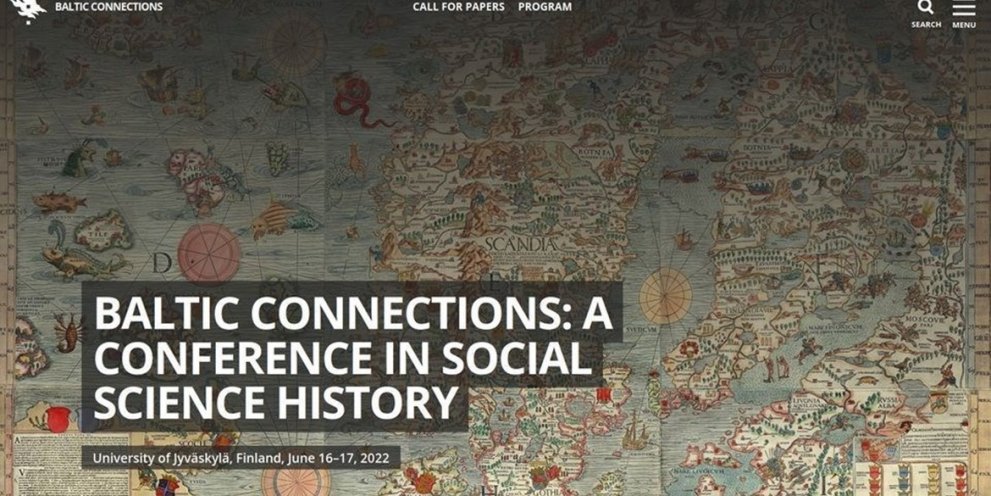Baltic Connections Conference 2022
Kateřina Lišková, Natalia Jarska, Annina Gagyiova, and José L.A. López Barajas presented papers as a panel at the conference The Baltic Connections 2022 which took place at the University of Jyväskylä, Finland, from June 16 to 17.
In this panel, they analyzed developments in medicine, namely gynecology and pediatrics, during the first fifteen postwar years. Comparing developments across national borders, they focus on Poland, Czechoslovakia, Hungary, and East Germany.
Kateřina Lišková chaired the panel. Next to contextualising the research of ExpertTurn, she focused on transnational knowledge circulation, which has been so far understudied for the region of socialist Eastern Europe.
Natalia Jarska presented a paper on the treatment of premature babies in Poland and Czechoslovakia in 1950s, focusing on expert discourses and the circulation of knowledge. Although there were many similarities between the expertise in the two countries, Polish experts opposed the notion of “congenital weakness”, drawing on Soviet literature, which was not present in Czechoslovakia.
Annina Gagyiova gave a comparative paper on the efforts of socialist states to combat infant mortality. Specifically, she investigated how medical experts in the GDR and Hungary concentrated on improving neonatal care for preterm infants. She showed the circulation of knowledge between two socialist states while placing the modernization achievements of socialist states in relation to transnational scientific discussions.
José L.A. López Barajas presented on medical expertise and pregnancy care in Hungary and East Germany from a comparative perspective in the 1950s. The paper analyzed how the socio-economic and internal factors that had prevailed in pregnancy counseling in the early 1950s were supplemented, and in some cases displaced, by other scientific evidence that led to more effective methods of combating problems arising from unhealthy pregnancies.



